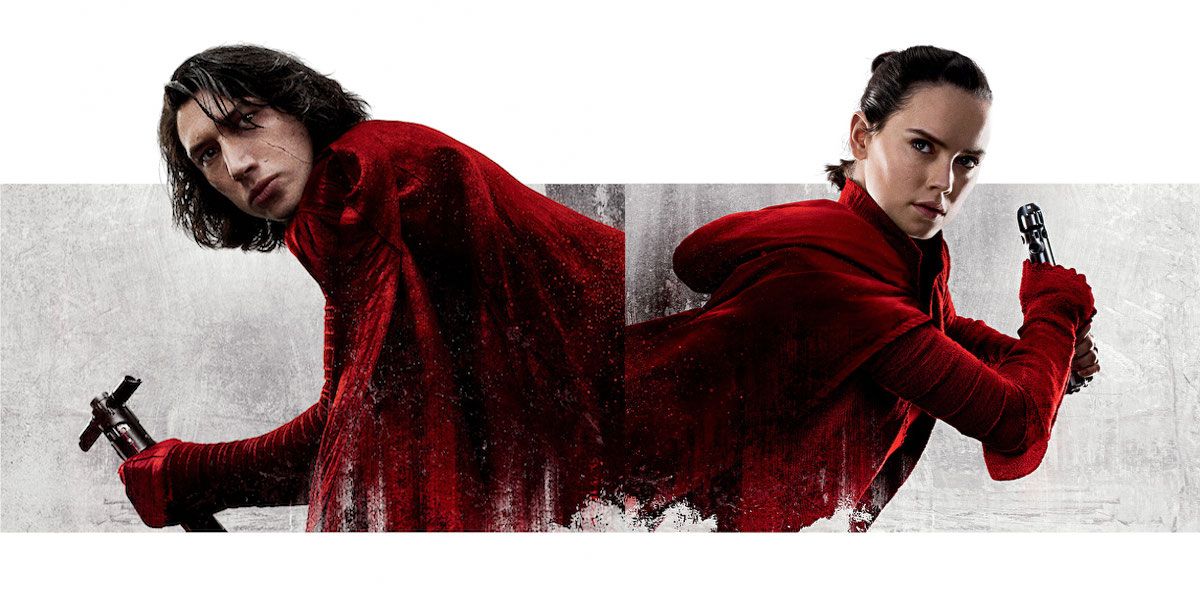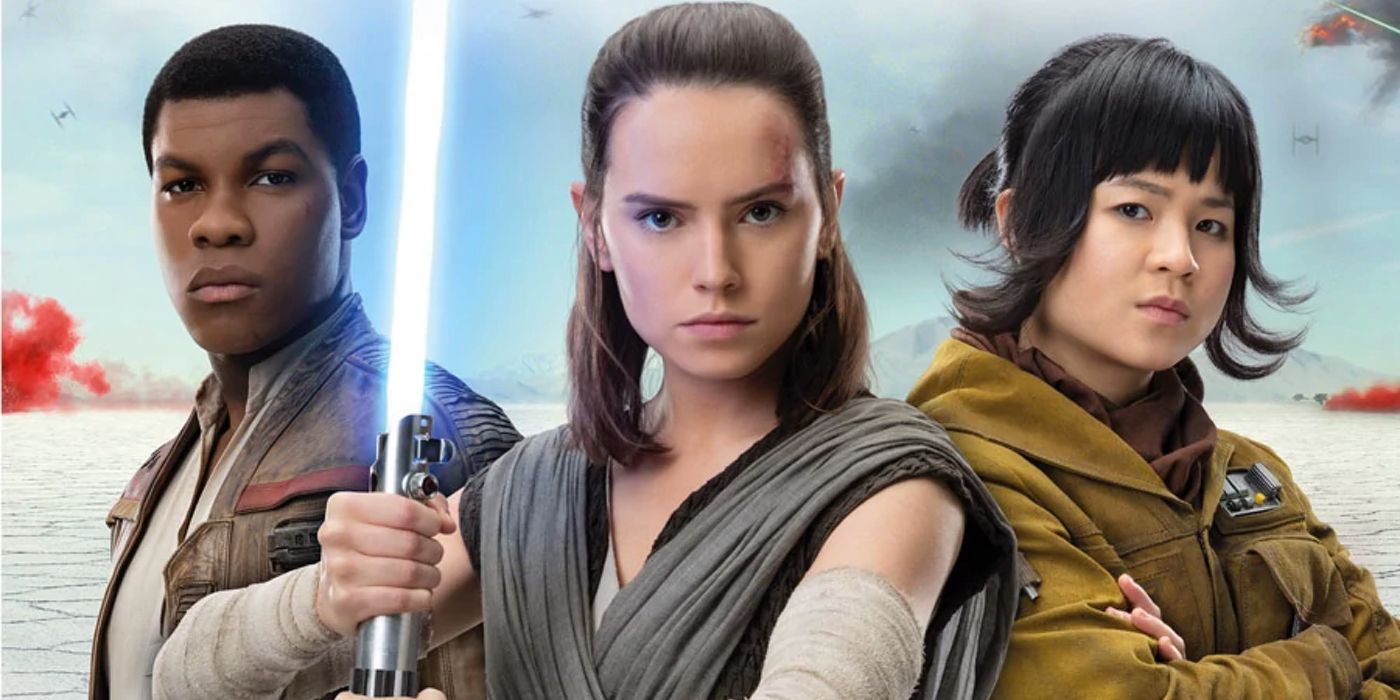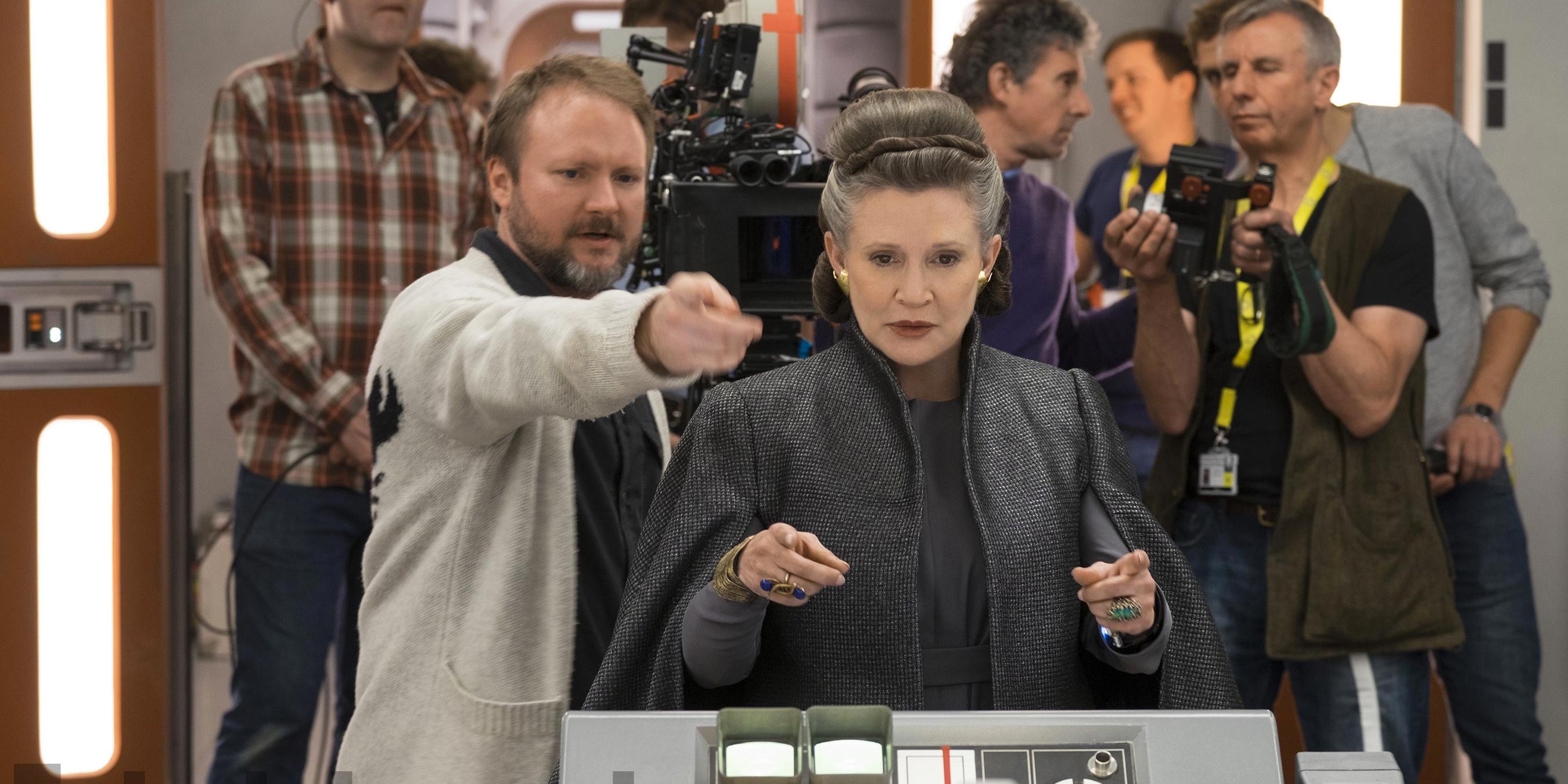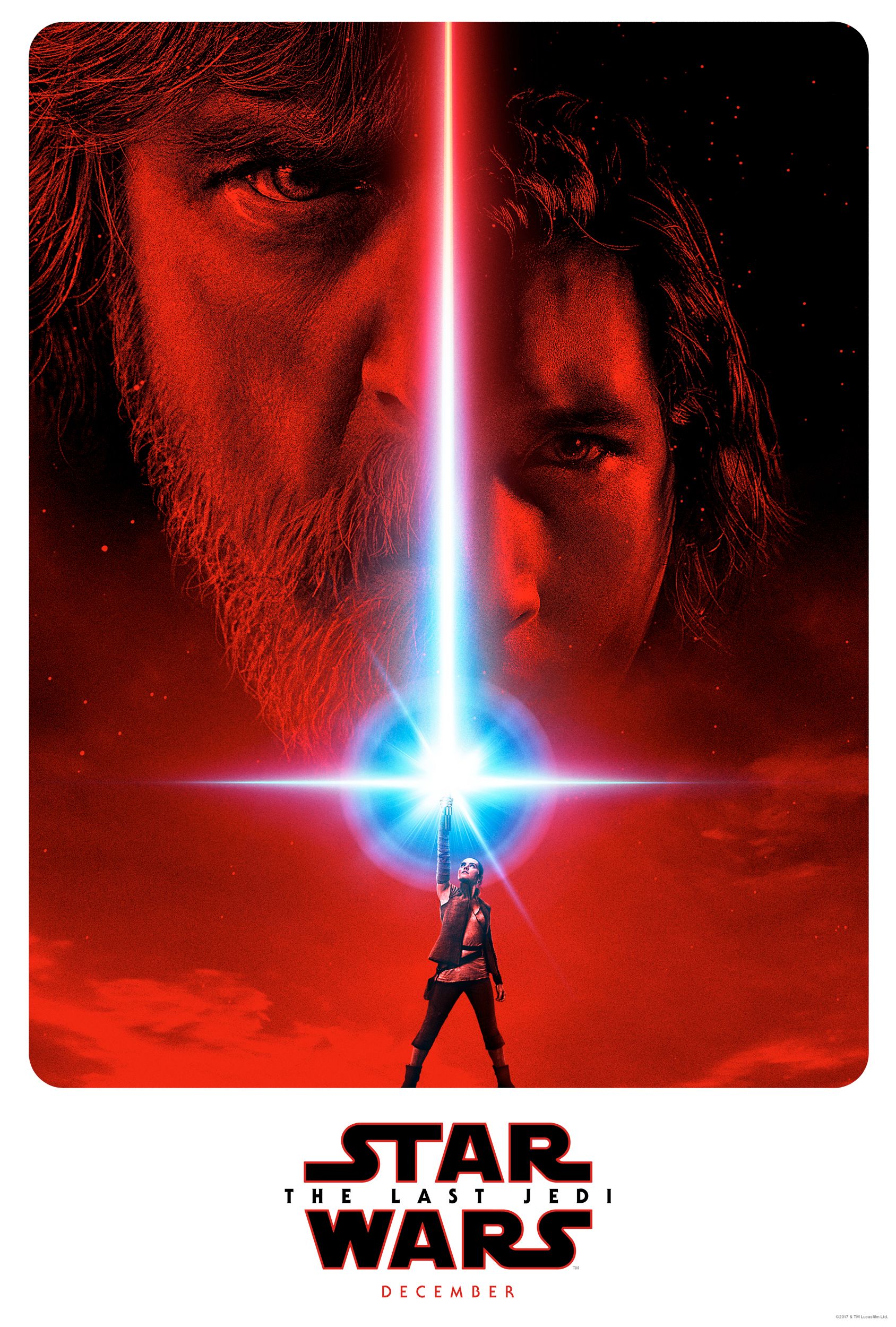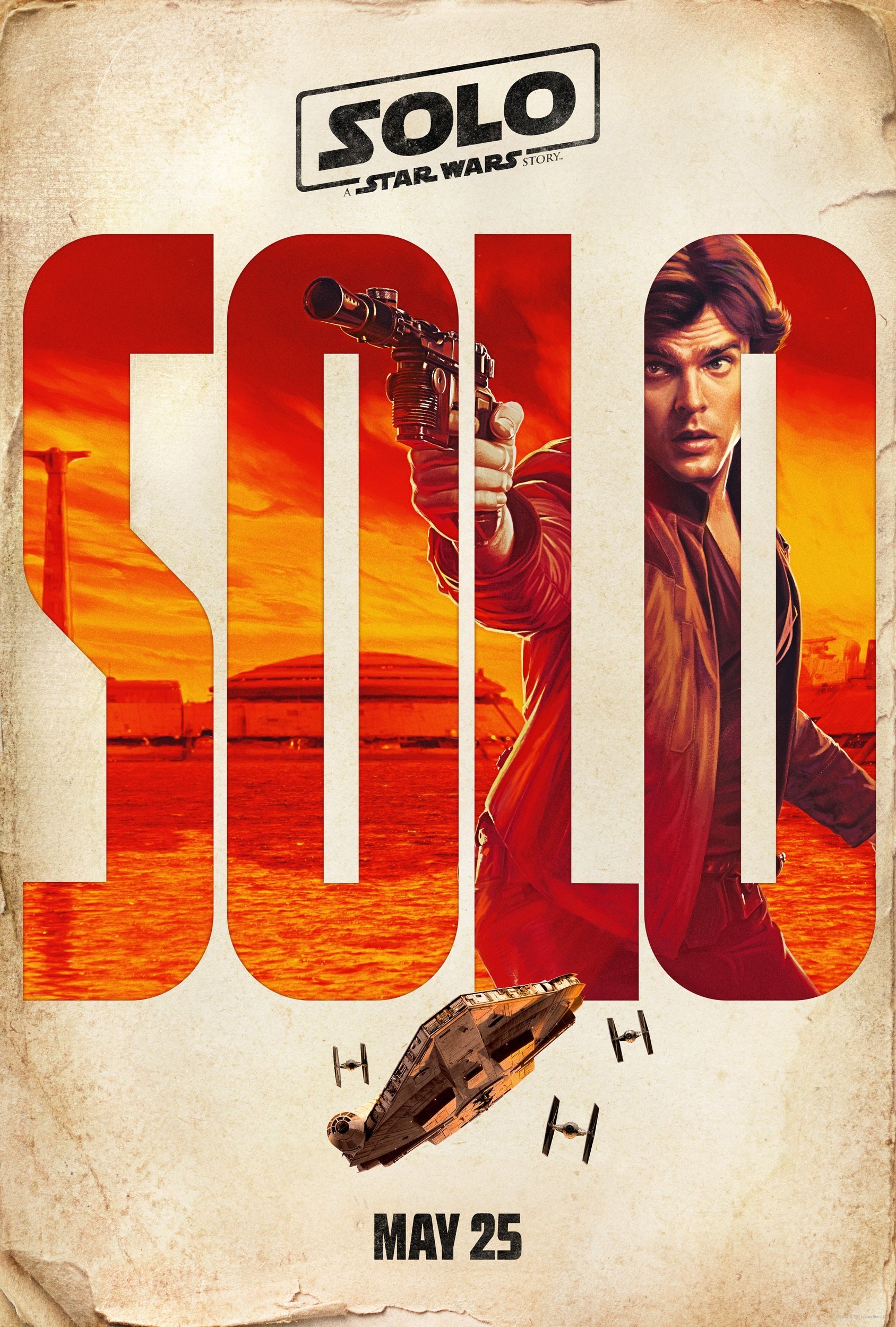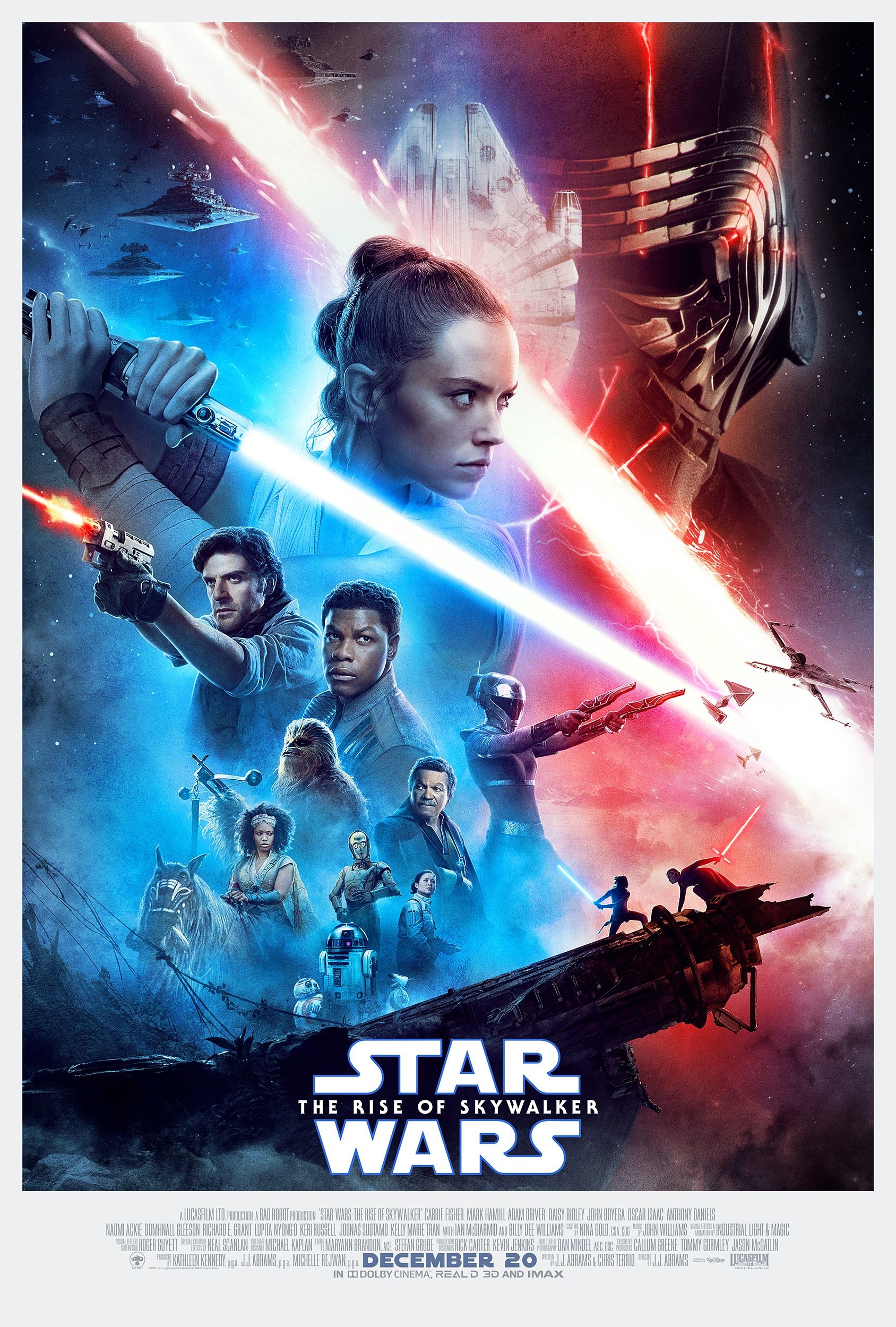This post contains SPOILERS for Star Wars: The Last Jedi
-
Star Wars: The Last Jedi director and writer Rian Johnson had almost total creative liberty while working on the movie, explaining that there was not a set narrative arc for the sequel trilogy. Of course, there is the idea that it will be a three-film chapter from the famed saga, but Lucasfilm did not mandate specific narrative beats that he needed to hit, and with an interconnected franchise as big as Star Wars, that is quite a surprise.
Luke Skywalker is now gone, the Resistance is on the run with a crew so small that they could all fit in the Millennium Falcon and the First Order is extra volatile now that they are reigned over by an emotionally-driven leader. That's where Johnson's The Last Jedi leaves the plot. While some fans are still reeling after what went down in Episode VIII, JJ Abrams is already hard at work crafting what's next for the still-untitled Star Wars: Episode IX - which at this point, could be anything.
RELATED: THE LAST JEDI GETS AN A CINEMASCORE
Johnson, alongside producer Ram Bergman, recently sat down with Deadline to talk about their latest and arguably biggest undertaking to date, The Last Jedi. In the conversation, the director was questioned about whether there is a clear-cut arc that the current trilogy is going through, and surprisingly, it turns out that nothing massive was set in stone before he boarded the project:
"Not really. That’s what’s been really cool about the storytelling process. There is definitely the idea that we know it is a three-movie arc. We know the first film is an introduction, then the middle act is training, meaning challenging the characters. The third is where they all come together and you have to resolve everything.
But I was truly able to write this script without bases to tag, and without a big outline on the wall. That meant I could react to what I felt from The Force Awakens, and what I wanted to see. I could make this movie personal. I could also just take these characters where it felt right and most interesting to take them. I think part of the reason the movie feels like it goes to some unexpected places with the characters is that we had that freedom. If it had all just been planned out and written down beforehand, it might have felt a little more calculated, I suppose."
Johnson reiterating that there is no set bigger picture that Lucasfilm is trying to go for with the current trilogy makes JJ Abrams' work on Episode IX much more interesting. A huge part of the reason why The Last Jedi has been controversial with regard to the film being divisive is that it's a highly cerebral film. Instead of straightforward storytelling, it forces people to ponder on its story, leaving a lot of things open to interpretation, and that results in varying opinions on it. Right now, the person whose perspective of the film is the most significant for the saga moving forward is Abrams.
Abrams' task to open and close the sequel trilogy is unique, especially with a film as jam-packed and unconventional (at least for a Star Wars film) as The Last Jedi in the middle. Much of what was set-up in Star Wars: The Force Awakens that many were banking on to be the big hooks of the trilogy ended up barely significant in Episode VIII, and that's probably a good thing when one considers that fans were vocal about wanting something different. It's also essential to shake things up if Lucasfilm is serious about keeping the franchise going for the long haul. Johnson took a lot of chances with the premise that was handed to him, and some of them will have major ramifications on the lore as fans know it. It's now a matter of seeing how Abrams will continue what Johnson has started.
MORE: STAR WARS: THE LAST JEDI STAR ON IF THEY'LL RETURN IN EPISODE 9
Source: Deadline

